

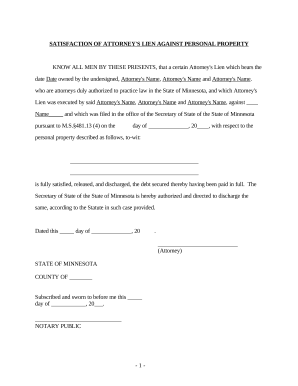
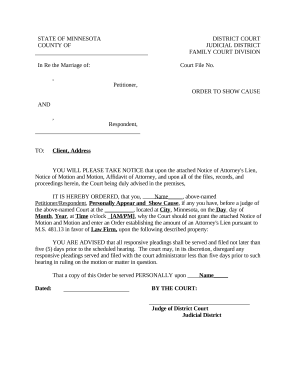
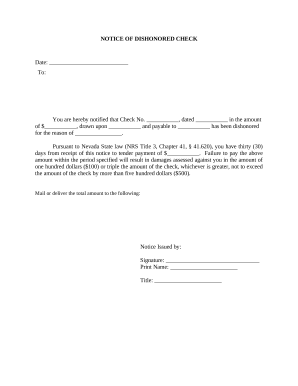
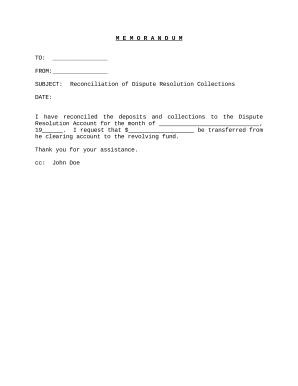
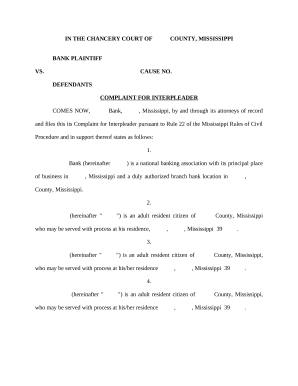
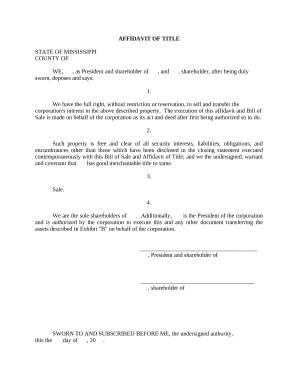
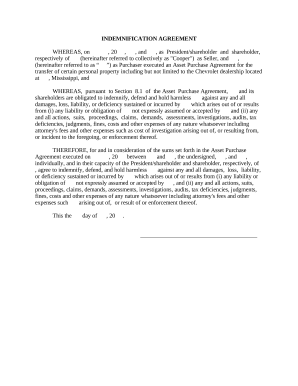
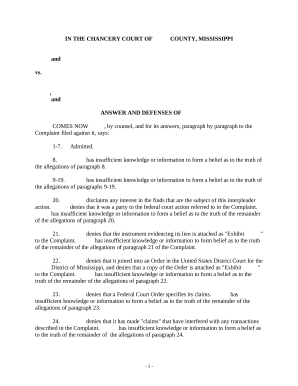
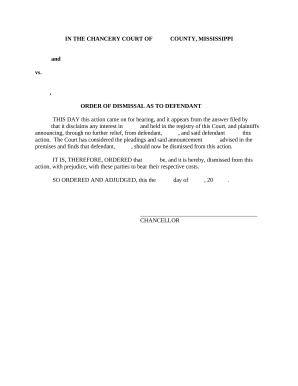
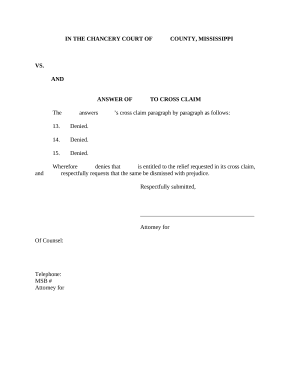
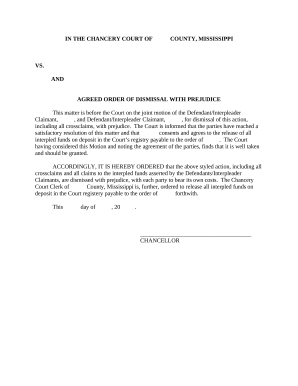
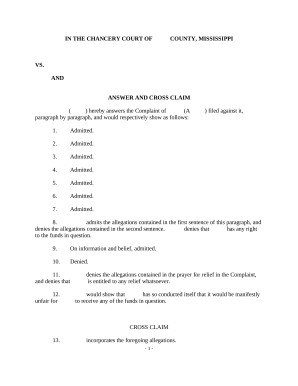
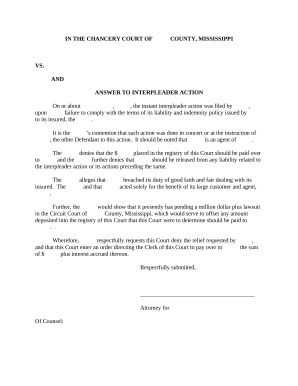


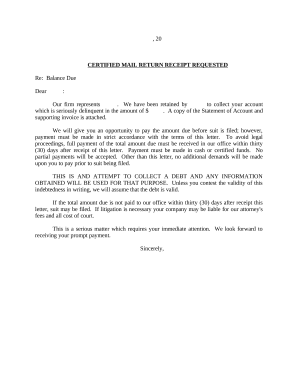

Document managing can stress you when you can’t find all of the forms you need. Luckily, with DocHub's substantial form collection, you can find everything you need and quickly manage it without the need of changing among applications. Get our Collections Legal Forms and begin utilizing them.
Using our Collections Legal Forms using these easy steps:
Try out DocHub and browse our Collections Legal Forms category easily. Get your free profile today!